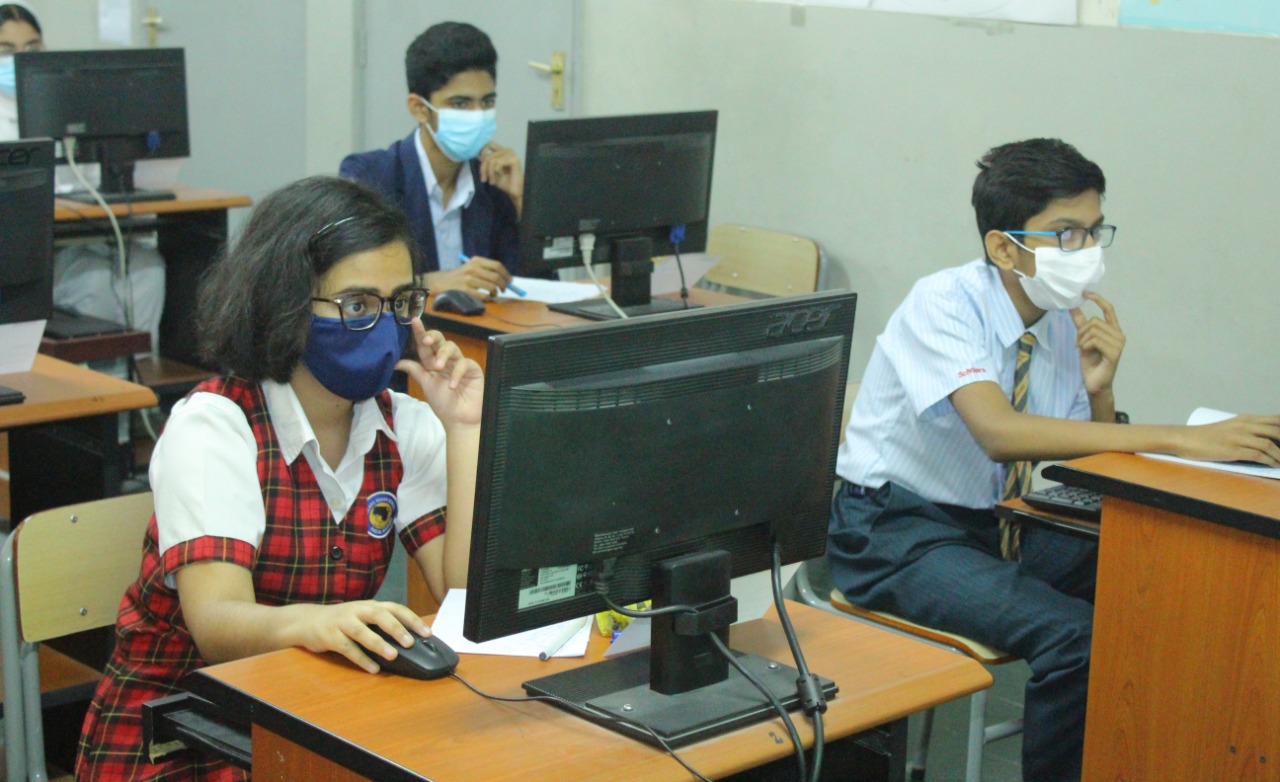DIGITAL CITIZENSHIP

Digital citizenship is an essential 21st-century skill that guides students to think critically, behave safely, and participate responsibly in our digital world. As you are aware, children today spend a lot of time on technology and social media. While technology offers kids great opportunities for self-exploration, creativity, connection and learning, kids may also experience challenges like over sharing and damage to reputation, cyber bullying, not understanding how to analyze and evaluate the credibility of information and assess the dangers posed to them. To harness technology for learning, kids need to understand how to think critically, behave safely, and participate responsibly online. For this reason, we the IT Department had organized this programme to make students to be better digital citizens by teaching them to think critically, behave safely and participate responsibly online.
How to become a Good Digital Citizen in the school?
1.)Protect your privacy
2.)Change your password regularly
3.)Report illegal activity and poor behaviour
4.)Do not illegally download content
5.)Leave a positive digital footprint
6.)Avoid your oversharing
7.)Beware of stranger danger
8.)Protect yourself from cyberbullying
9.)Treat others the way you want to be treated.
Digital Citizenship Week Reports:
1.Digital Citizenship Week activity (Offline) 2022-23 Click Here to Read